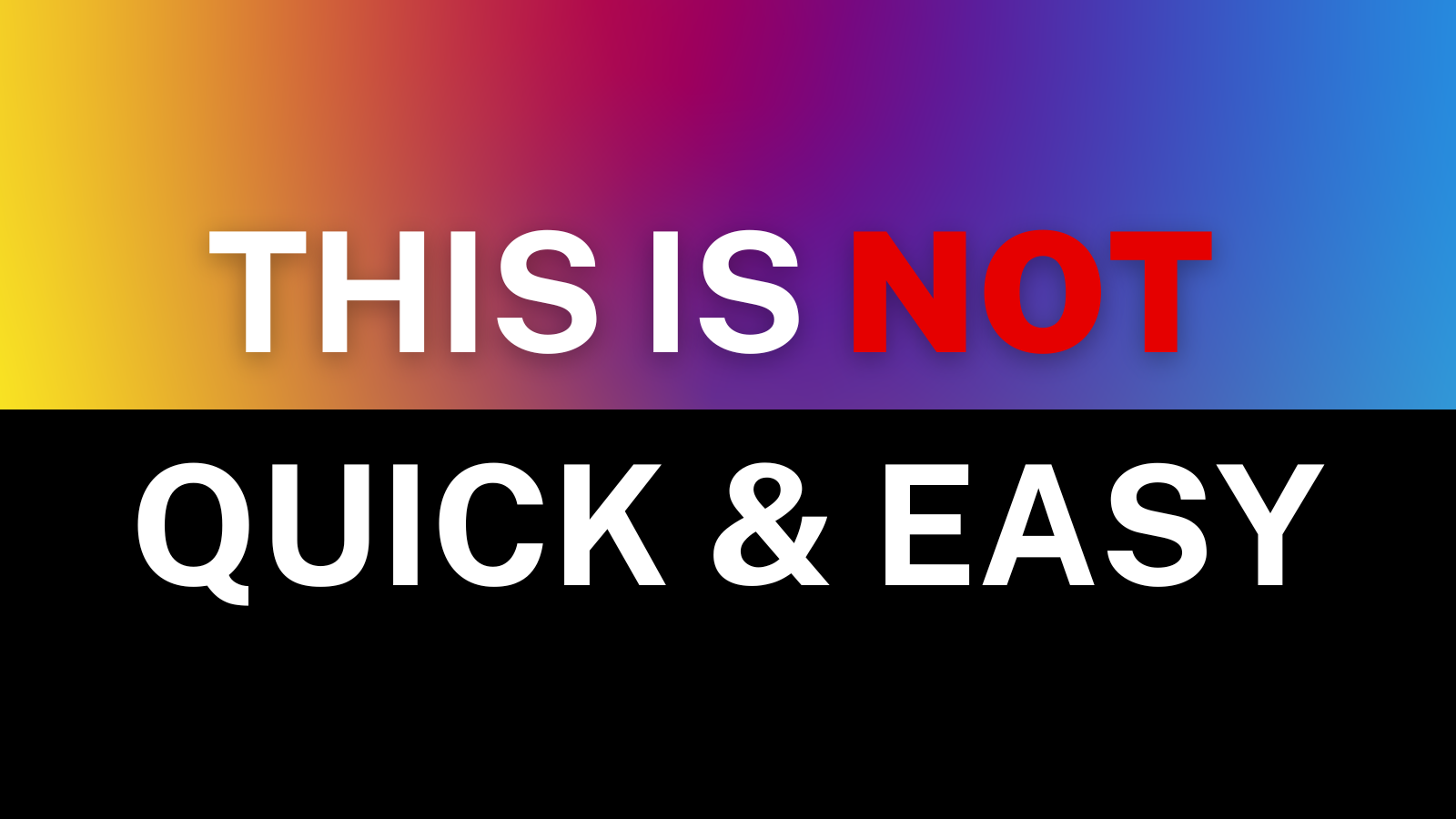WHY do we trust ourselves and others?
We know that our brains are full of biases. There are more than 150 of them- depending on your source.
Cognitive Biases can be divided into 4 parts:
- Information: filtering information.
- Meaning: connecting dots and filling in the gaps with what we think we know.
- Speed: making decisions based on new information.
- Memory: we can’t remember everything so we have to use it efficiently. (Source: https://gustdebacker.com/cognitive-biases/)
Studies show that placebos and nocebos work. We know that our brain is looking for shortcuts to save energy all the time.
Why do we trust our decisions and perceptions anyway? Because we have no choice? Because we are lazy? That’s actually a fact. You can call it efficient, or „trying to save energy“. It’s what our energy-hungry system does.
In other words: we are emotional and irrational short-term thinkers. That explains why it is so hard to think longer about situations, jumping to (wrong) conclusions and not admitting mistakes but staying on the wrong course. It also explains why we are not good at dealing with change. We are very good with excuses, twisting facts to our previous decision(s), ignoring contradicting facts. We even believe things where we have very little proof- our brain believes things just by hearing them repeatedly or if they are written in bigger font.
This is why…
…data is so important, to correct all these mistakes.
…a diverse gremium is important to see the full picture.
…reminding us to think twice, discuss important decisions with others is essential to correct our many mistakes that we produce on a daily basis. Tiny mistakes accumulate to loosing in the long run. Another thing our brain does not understand: exponential growth.
Let’s make it as easy as possible: what counts are our daily actions. It could be our standard mindset to accept that the majority of our decisions are wrong. Let’s check them with others in order to make the best possible decision. Adopt a Kaizen mindset and improve step by step over time. Fail quickly and learn from your mistakes, that is what lets you succeed in the end.
If you think that your standard decision is wrong- you are probably right
The best decision-making process could be: asses the situation, test your assessment, gather additional information and decide again. In order to make better decisions: take your time, be open and transparent about your current state, change your mind and decisions. Don’t let anybody pressure, shame or bully you into quick decisions on your own.
Our brain likes it quick and easy. This is represented by Daniel Kahneman’s SYSTEM 1 that can be summarized like this:
- FAST
- Unconscious, automatic, effortless
- WITHOUT self-awareness or control “What you see is all there is.”
- Assesses the situation, delivers updates
- Does 98% of all our thinking
Today we have access to a lot of information- correct and fake. Fact-checking alone can be too much for system 1. Today’s challenges that we face like climate change and social conflicts are NOT quick and easy but long-term and complex- represented by SYSTEM 2:
- SLOW
- Deliberate and conscious, effortful, controlled mental process, rational thinking
- WITH self-awareness or control, logical and skeptical
- Seeks new/missing information, makes decisions
- Does 2% of all our thinking
We need time and energy for system 2. Some people say, that you are not responsible for your first reaction but for your second. Remind yourself: what is good for others and for me in the long run- and take your time thinking about that. Prioritise long-term consequences over short-term comfort. Sit with your discomfort for a while if it is worth enduring.
In my humble opinion the 2 most important words for this journey from system 1 to system 2 are: transparency & action.
My potentially wrong thoughts
What counts in the end is that we respect ourselves, others and our planetary boundaries, distribute money and human rights to more people. Part of the solution could be that governments set the rules for social and sustainable decisions and companies find creative ways to make money within those limitations. As time is of the essence and more and more people understand how important social and environmental responsibility is, I see organisations setting those rules proactively and leading the way into a sustainable and inclusive future. And it is the biggest challenge to define your impact in three-dimensions: financial, social and sustainable. That is why some corporations combine their financials either with social or environmental goals.
I also see the opposite- and sometimes the noise that quick and easy dividers produce is a lot. I also see activism and action when people‘ rights and the planet are threatened, and I’d like to see more of it.
My daily actions
- I do not use google as a search engine anymore. I use Ecosia and they plant trees (15 and counting) while I search stuff.
- I am using a mobile data plan from share and they give school children in Kenya access to an educational project that helps them learn math, writing and reading.
- I am looking for fairtrade products- and I could be more consequent on that one
That’s where I stand today. What is your input on this little piece? What do you do? Comment below
1 Comment
Schreibe einen Kommentar


Laura
12. Dezember 2023 @ 16:08
Fantastic summary on our brains that are predictable irrational.
Thank you for this!